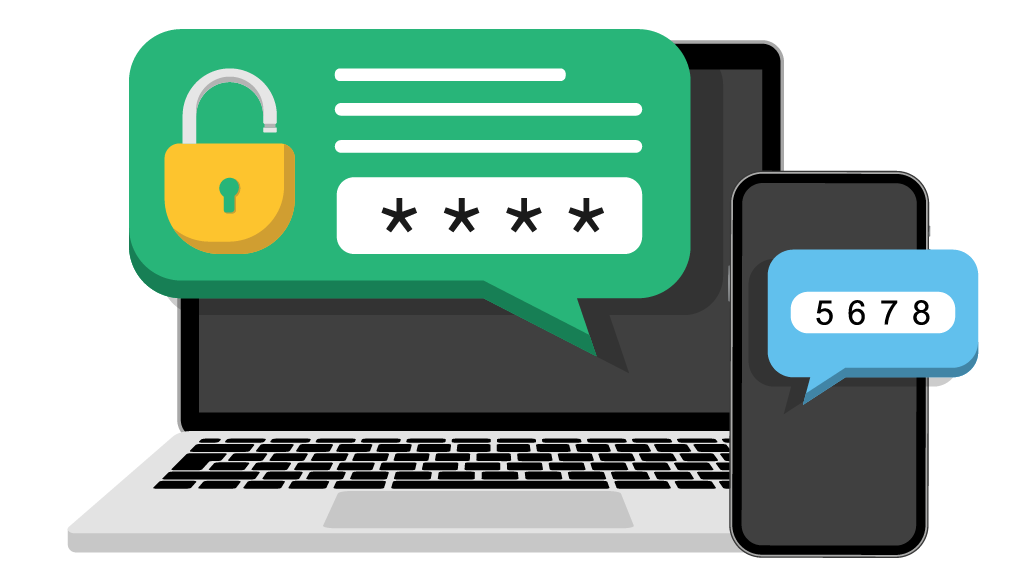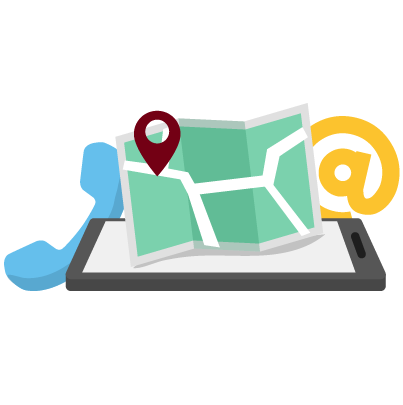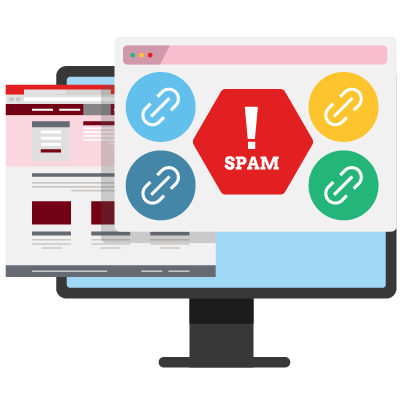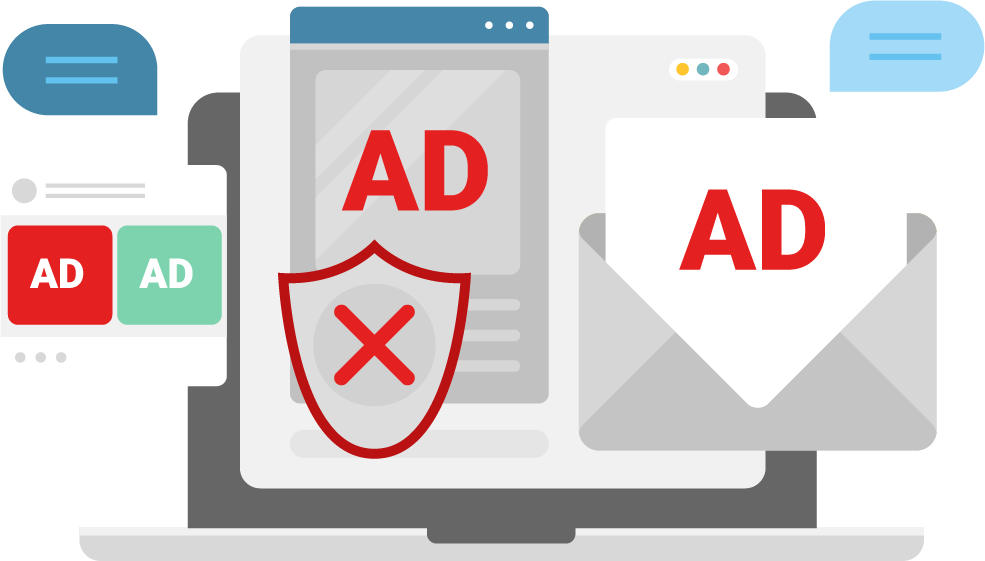
Update your browser
Modern up-to-date browser software helps protect you against online problems. Just like any other software, it makes sense to use the latest, most secure web browser. The latest browsers have security features that block fake websites and protect against some viruses (but you still need anti-virus for advanced protection). If you have updated your computer regularly or bought it in the last couple of years, it is likely that you are already using an up-to-date browser. You can check by selecting 'About' on the browser menu. If this is not the case, you may want to get the new browser software and update it regularly for maximum protection.

Tips to keep your devices safe

install antivirus/ anti-malware software
keep anti-malware and antivirus applications up-to-date
perform regular scans for both
don't click on email links or attachments from unknown senders.
Do Not share your PINs, Passwords, OTPs with any one
Delete cookies regularly

Do not share private information online
Double-check privacy settings on social networking sites..
What's your mother's maiden name? What's the name of
the first school you went to? What was your favourite
subject at school? What's your address? Birthday? Phone
number?
All this information is useful to people who want to steal
your identity or break into your personal internet banking.
You wouldn't give this information away to a stranger in the
street but if you use social networking sites, such as
Facebook, Twitter or Myspace, you could be oversharing
personal data.
You may want to think carefully about the information you
put into your profiles on sites like this. It is also a good idea
that you check the privacy settings on each site that you
use to make sure you only share personal information
with people you trust.

Avoid online fraud
If it's too good to be true, it probably is. When it comes to
protecting yourself and your money on the internet be wary
of ridiculous deals. Criminals may contact you by email,
through websites you use, via sms or even by phone.
If an attachments looks suspicious don't open them. Don't
install software unless it comes from a website you trust
(like this one). If you suspect that there is a problem with
your personal internet banking, you can always talk to us
first.



